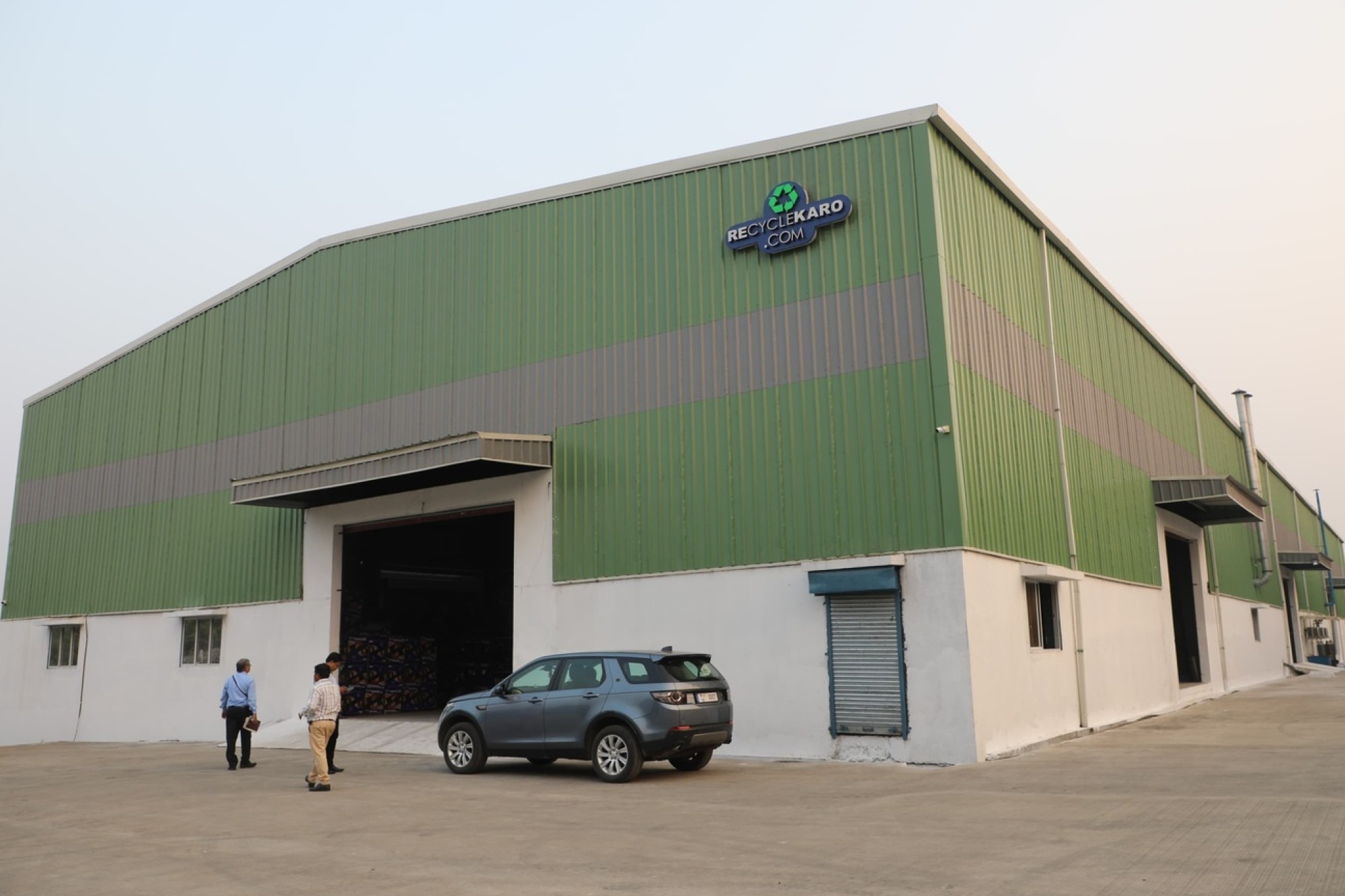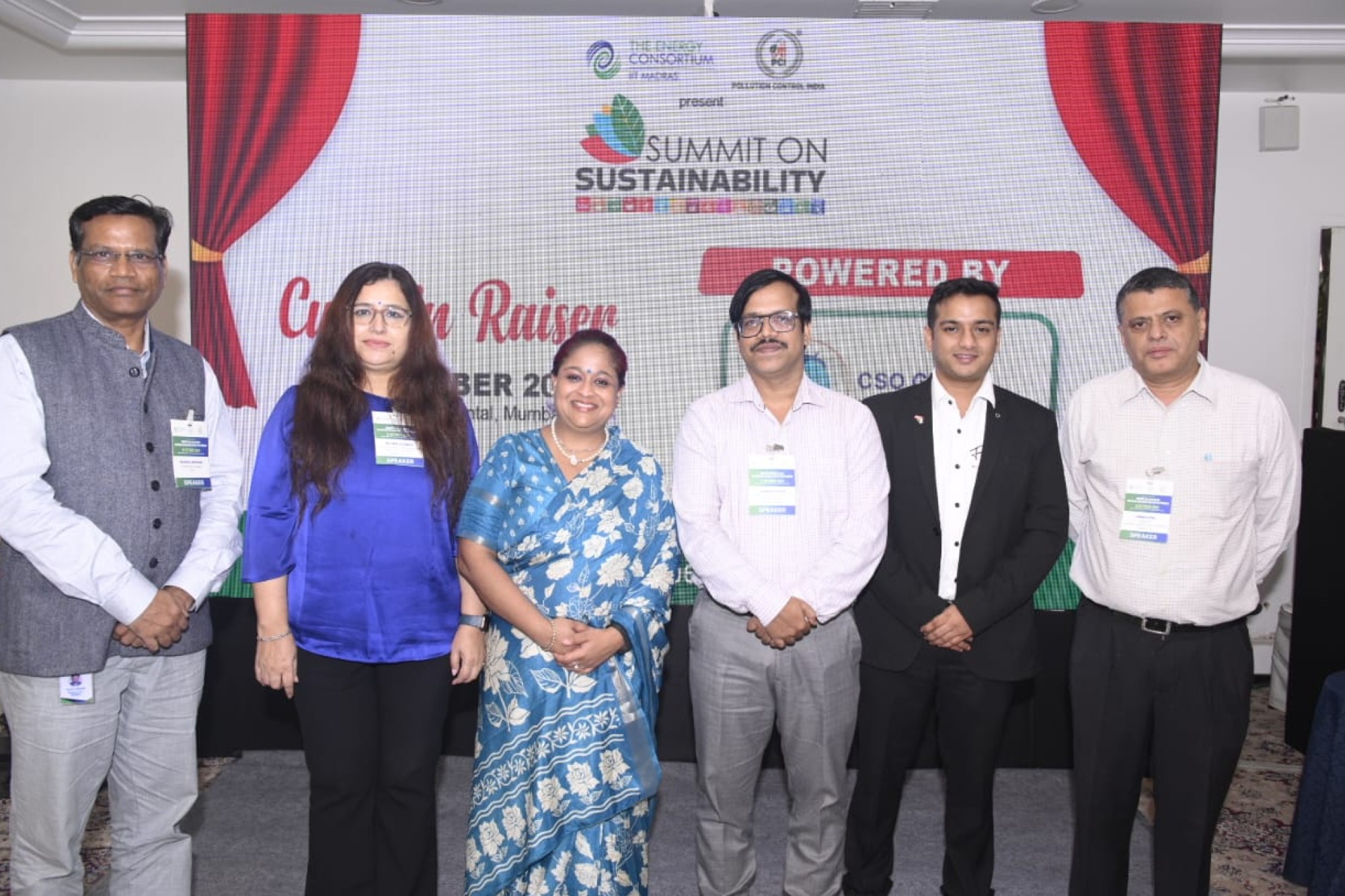Promoting sustainable industrial development for Climate Change Mitigation
By OEM Update Editorial June 6, 2023 2:19 pm IST
A sustainable approach to combating climate change involves reducing greenhouse gas emissions while promoting economic growth, environmental conservation, and social equity.
Addressing climate change necessitates a comprehensive strategy that acknowledges its global complexity. The primary contributors to climate change include the utilisation of fossil fuels for power generation and manufacturing, deforestation, inefficient transportation practices, agricultural activities, and escalating energy needs, all of which stem from the excessive exploitation of natural resources. It accounts for over 75 percent of greenhouse emissions and nearly 90 percent of carbon emissions. A sustainable approach to combating climate change involves reducing greenhouse gas emissions while promoting economic growth, environmental conservation, and social equity.
The Government of India encourages companies to adopt sustainable practices and to integrate sustainability into business processes. Businesses, the engine of growth and employment, play an important role in mitigating climate change and delivering the Sustainable Development Goals. Achieving both inclusive and sustainable national development will be possible only when there is a collaborative effort from all stakeholders.
Sustainable industrial development
Sustainability in industrial development involves minimising environmental impact while maximising economic and social benefits. This can be achieved using renewable energy sources, reducing waste and emissions, and implementing circular economy practices.
For example, companies can transition to renewable energy sources like wind or solar to power their operations instead of relying on fossil fuels. They can also implement energy-efficient practices, such as upgrading equipment and using automation, to reduce energy consumption.
Strategies to implement across various sectors
- The circular economy approach can be used to minimise waste by reusing, repurposing, or recycling materials. This can reduce the need for raw materials, which can reduce the environmental impact of extraction and processing.
- Investing in sustainable supply chains and promoting sustainable practices among suppliers and customers.
- Sustainable farming practices, such as regenerative agriculture, can help reduce carbon emissions from agriculture while improving soil health and biodiversity.
- Sustainable forestry practices, such as reforestation and reducing deforestation, can help reduce carbon emissions while promoting biodiversity and protecting ecosystems.
- A robust domestic carbon credit market can incentivise businesses to reduce their carbon emissions while promoting innovation in renewable energy and energy efficiency.
- Promoting climate education can raise awareness about the importance of combating climate change and encourage individuals and communities to take action.
CII Climate Action Charter: A step towards sustainability
Launched on 21st September 2022, CII Climate Action Charter (CCAC) aims to help businesses develop long-term actions to build resilience, facilitate businesses to lead their sectoral climate actions and showcase best practices for addressing climate risks. It has been designed to provide an impetus for collective action by Indian businesses to drive solutions for a just, equitable and sustainable transition. CII Climate Action Charter is based on four core principles-
GHG emission reduction: measure the present GHG emission and develop measurable short-term and long-term targets for GHG emission reduction,Transition in the value chain: Identify risks to which the value chain is exposed and support in climate transition,
Building resilience: Work with the company’s leadership team to build resilience for future climate change impacts, and
Mobilising green finance: help in framework development of green bonds usage, accelerate green finance for climate transition and to improve the identification and management of financial risks related to the climate and the environment.
Climate change is the defining issue of present times and businesses are facing major challenges due to increasing extreme weather events and fatal climate events causing damage on a large scale. This initiative aims to drive corporate climate action in India and facilitate businesses to lead their sectoral climate actions.
The bottom line
The increase in climatic change leads to various consequences detrimental not only to humans but to the entire globe at the macro level. Given the urgency, we see Indian industry making concerted efforts to deal with this challenge and help India reach closer to its sustainable goals. India is set on a sustainable mission and intends to achieve zero net carbon emissions by 2070 and meet 50 percent of its electricity requirements from renewable sources by 2030.
Cookie Consent
We use cookies to personalize your experience. By continuing to visit this website you agree to our Terms & Conditions, Privacy Policy and Cookie Policy.


















